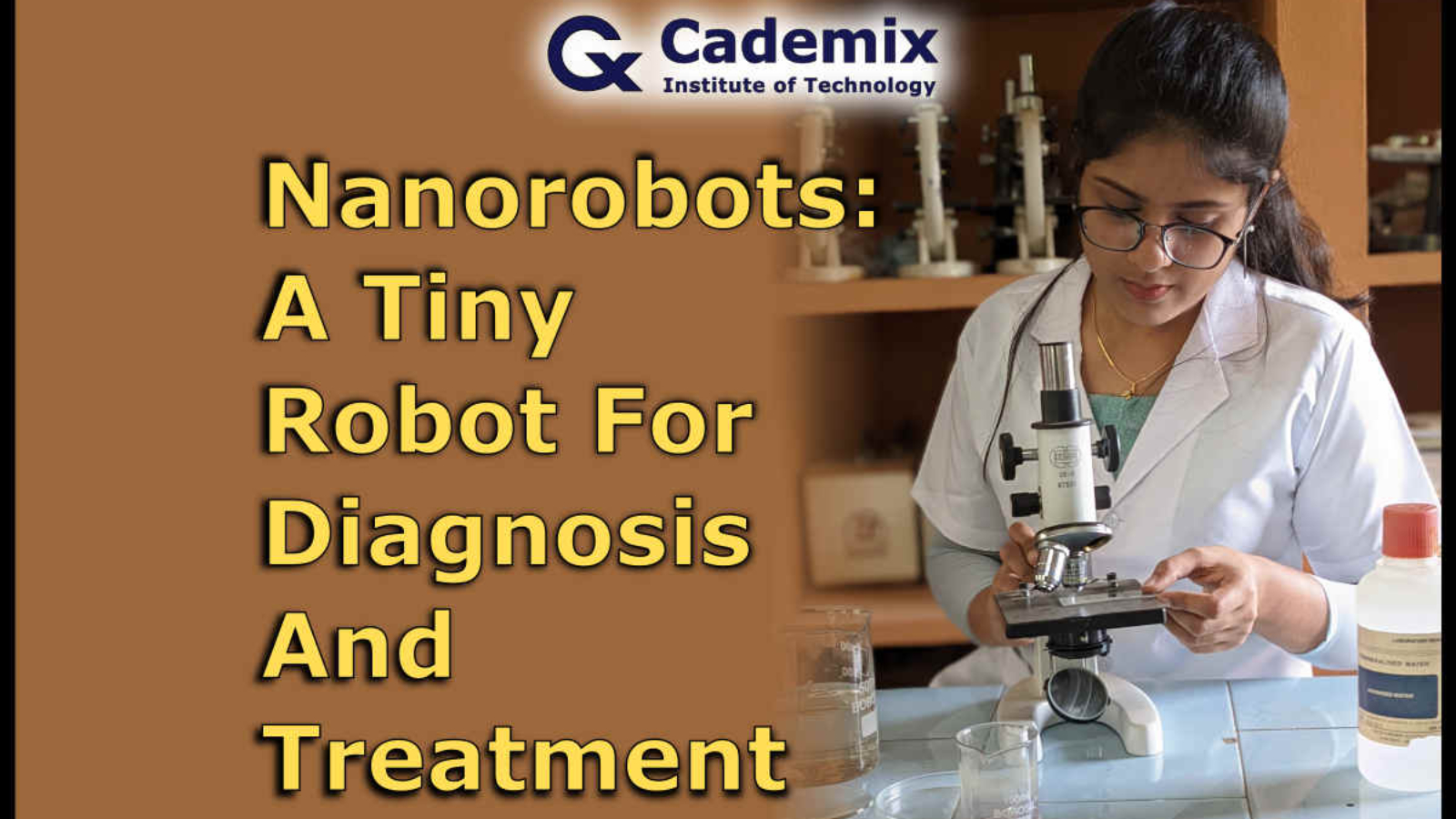Estimated Reading Time: 12 minutes Nanorobotics is a branch of nanotechnology. It is all about creating molecular devices, called nanorobots. Nanorobots are devices built up entirely of nanoscale components. With today’s scientific capabilities, it is now feasible to create nanorobotic devices and connect them with the macro world for control. These devices have a variety of biomedical applications. They are useful in the targeted drug delivery. Furthermore, they may aid in the diagnosis and treatment of high-risk illnesses in the future. They are applicable in cancer treatment, biosensing, medical surgery, and so on. Moreover, they can mimic certain biological counter parts and act as artificial oxygen carriers, cell repairing device, blood clotting device, and so on. This article will help you to gain basic idea about nanorobots and their biomedical applications.
European Union Chemical Regulations – A Review
Estimated Reading Time: 13 minutes Effective chemical regulations enable companies and consumers to utilise chemicals more safely. REACH, CLP, BPR, POPs, and PIC regulation are some important European Union chemical regulations. . This article will highlight the important European Union chemical regulations, and what job seekers should know about it.
Chemistry Lab Skills and Various Strategies for Developing Them
Estimated Reading Time: 9 minutes Chemistry lab skills are the ability to execute specific tasks in the laboratory. Hence, certain set of skills are necessary for the good performance in a chemistry lab. They are, safe laboratory practices, experimental skills, proper handling of laboratory equipment, analytical techniques, scientific writing and record-keeping, critical thinking, and problem-solving skills. This article discusses the critical laboratory skills that a chemist must possess, as well as some tips on how to improve them.



